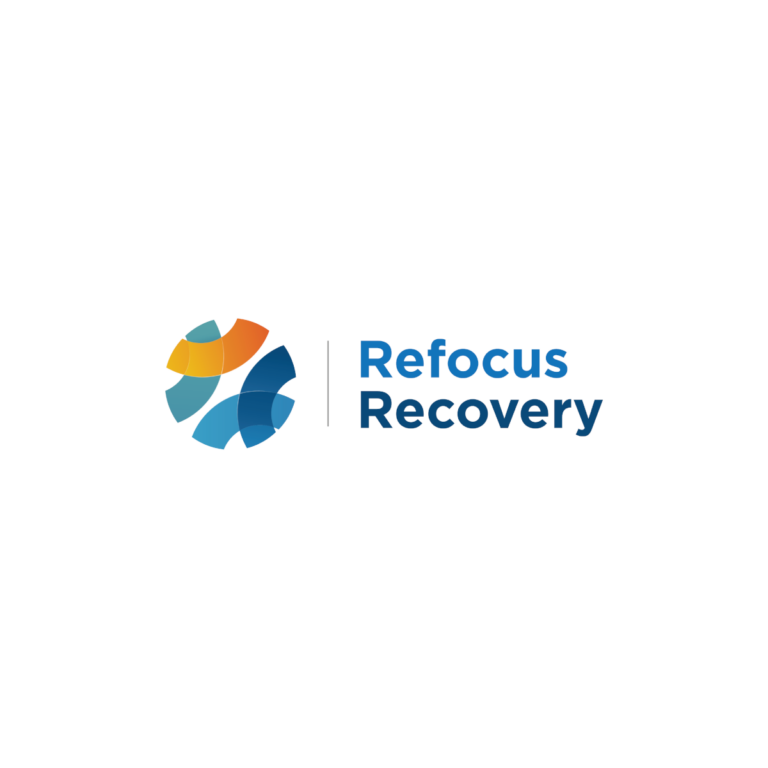When you begin your recovery journey, you must undoubtedly change the way you plan your days. Instead of each day being centered around your addiction, every day now revolves around your health and success in recovery. With this, one crucial piece of your recovery plan is developing healthy habits in recovery that work well for you. According to American Addiction Centers, routines help create positive new habits that serve you long-term. Specifically, routines help you maintain sobriety, and help you build a healthier and more balanced life. Nonetheless, it can be overwhelming to create an entirely new routine – especially when you haven’t relied on one for some time. In this post, we’ve outlined some healthy habits in recovery that might be helpful for your routine. Read on to learn about these daily practices and some of their benefits!
Healthy Habits You Can Try
Get Active! Exercising has been proven to improve mental health outcomes, including increased self-esteem, reduced stress levels, and improved mood. Many people in the recovery community find that working out regularly helps them maintain a healthy routine that supports their success in recovery. If you’re interested in learning more about how exercise can benefit your recovery, check out our entire blog post dedicated to just this.
Set An Alarm Each morning is an opportunity to start the day intentionally. There’s no better way to do this than to wake up at the time that you intend to. Because our bodies naturally settle into a rhythm, waking up at a consistent time each day feels more natural to the brain. Studies have also shown that waking up around the same time each day improves quality of sleep, with surveys demonstrating that overall daily satisfaction increases in addition to this.
Attend Your Meetings In the beginning stages of your recovery, attending meetings is often at the forefront of your mind. Once you’ve established initial sobriety, you might think that attending meetings as frequently isn’t necessary. This is not always the case. According to studies, 75% of people return to use within their first year of recovery – this number reduces significantly to 7% after 5 years of consistent recovery. Knowing this, it’s crucial to have consistent support in your long-term recovery. One way you can maintain this is by sticking to your routine of attending meetings!
Eat A Balanced Diet Get some healthy foods in the mix! A well-balanced diet provides all of the energy you need to keep active throughout the day. It also offers nutrients you need for growth and repair, helping you to stay strong and healthy and help to prevent diet-related illness. It should be noted, eating healthy may look different for everyone. A great place to start is staying hydrated – make sure to drink your recommended amount of water every day. Try out some simple recipes that include both proteins and veggies, and still have dessert after! Healthy eating is all about balance; being satisfied with your food is just as important as getting your veggies in!

Make Time For Fun Do you feel energized after spending time with friends? Carve out some time to go to a movie with friends. Is reading the only way you feel calm after a long day? Leave a little time at the end of each night to pick up your new book. Making time to do what you love can help you ease your stress, lift your mood, and expand your social circle.
Lean Into Your Faith or Spirituality For many in recovery, dedicating time daily, either to their faith or spiritual beliefs, keeps them grounded. Attend a weekly service if your faith practices in the area, or meditate on your own for 5 minutes in the morning! Spending time with what you believe in keeps you aligned with your deeper sense of self and beliefs.
Practice Gratitude Every day that passes there is an opportunity to appreciate this new life in recovery that you’re creating. Having begun your recovery journey, that alone is something to be grateful for and celebrate each day. Aside from this, try finding small things you appreciate each day. Write them down in a journal, say them out loud or just intentionally practice this gratitude. Research shows that gratitude helps people feel more positive emotions, relish good experiences, improve their health, deal with adversity, and build strong relationships.
Find What Works For You
Building a routine that works for you is what’s most important. You might have friends in recovery who swear by going to the gym early every morning, but you find it helps you relax to workout at the end of the day. Listen to your body, and find what feels good for you. Besides, as you’re finding your routine it’s more than okay to try out new habits and see how it goes. Just remember to give it a fair try! Wishing you well as you build healthy habits in your recovery.
Still Not Sure Where To Start?
It’s sometimes helpful to talk to someone who has been through a similar situation, and can help you work through these bigger life changes. Peer Recovery Specialists (PRSs) are peers in long-term recovery who have worked on these exact life re-building skills themselves! Kyros PRSs work with their clients to create recovery wellness plans. These wellness plans are meant to assist you in creating effective and long-term habits that are healthy for your recovery. Talk with a PRS now for support with how to take the next step in building your recovery wellness plan.
Sources:
American Addiction Centers. “Bringing Balance Back: Why You Need Routine and Structure.” American Addiction Centers, 2022. https://recovery.org/pro/articles/bringing-balance-back-why-you-need-routine-and-structure/.
Accessed 22 December 2022.
Harvard Health Publishing. “Giving thanks can make you happier.” Harvard Medical School, 2021. https://www.health.harvard.edu/healthbeat/giving-thanks-can-make-you-happier#:~:text=In%20positive%20psychology%20research%2C%20gratitude,adversity%2C%20and%20build%20strong%20relationships..
Accessed 22 December 2022.
Kaiser Permanente. “The Health Benefits of Doing What You Love.” Kaiser Permanente: Thrive, 2019. https://thrive.kaiserpermanente.org/thrive-together/live-well/health-benefits-of-doing-what-you-love#:~:text=Making%20time%20to%20do%20what,to%20listen%20to%20your%20muse.
Accessed 22 December 2022.
Mayo Clinic. “Exercise and stress: Get moving to manage stress.” Mayo Clinic, 2022. https://www.mayoclinic.org/healthy-lifestyle/stress-management/in-depth/exercise-and-stress/art-20044469.
Accessed 22 December 2022.
Mind Body Green. “The Unexpected Benefits of Waking Up At The Same Time Every Morning.” Mbg Health, 2022. https://www.mindbodygreen.com/articles/benefits-waking-same-time-every-morning.
Accessed 22 December 2022.
NHS. “Health Benefits of Eating Well.” NHS Inform, 2020. https://www.nhsinform.scot/healthy-living/food-and-nutrition/eating-well/health-benefits-of-eating-well#:~:text=A%20well%2Dbalanced%20diet%20provides,illness%2C%20such%20as%20some%20cancers.
Accessed 22 December 2022.
The Missouri Bar. “Relapse After Long-Term Sobriety.” The Missouri Bar, 2022. https://mobar.org/site/content/Articles/Addiction/Relapse_After_Long-Term_Sobriety.aspx.
Accessed 22 December 2022.





